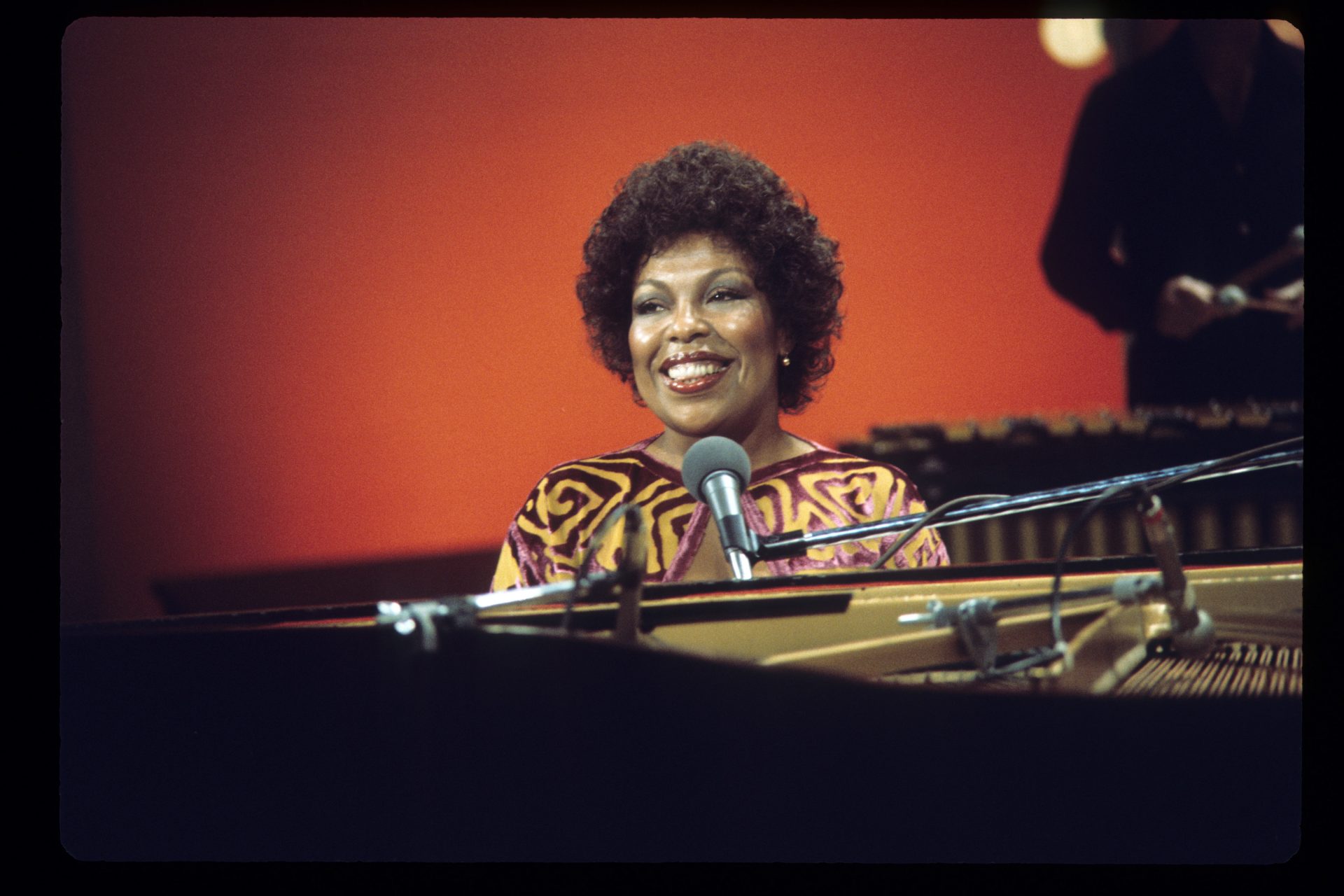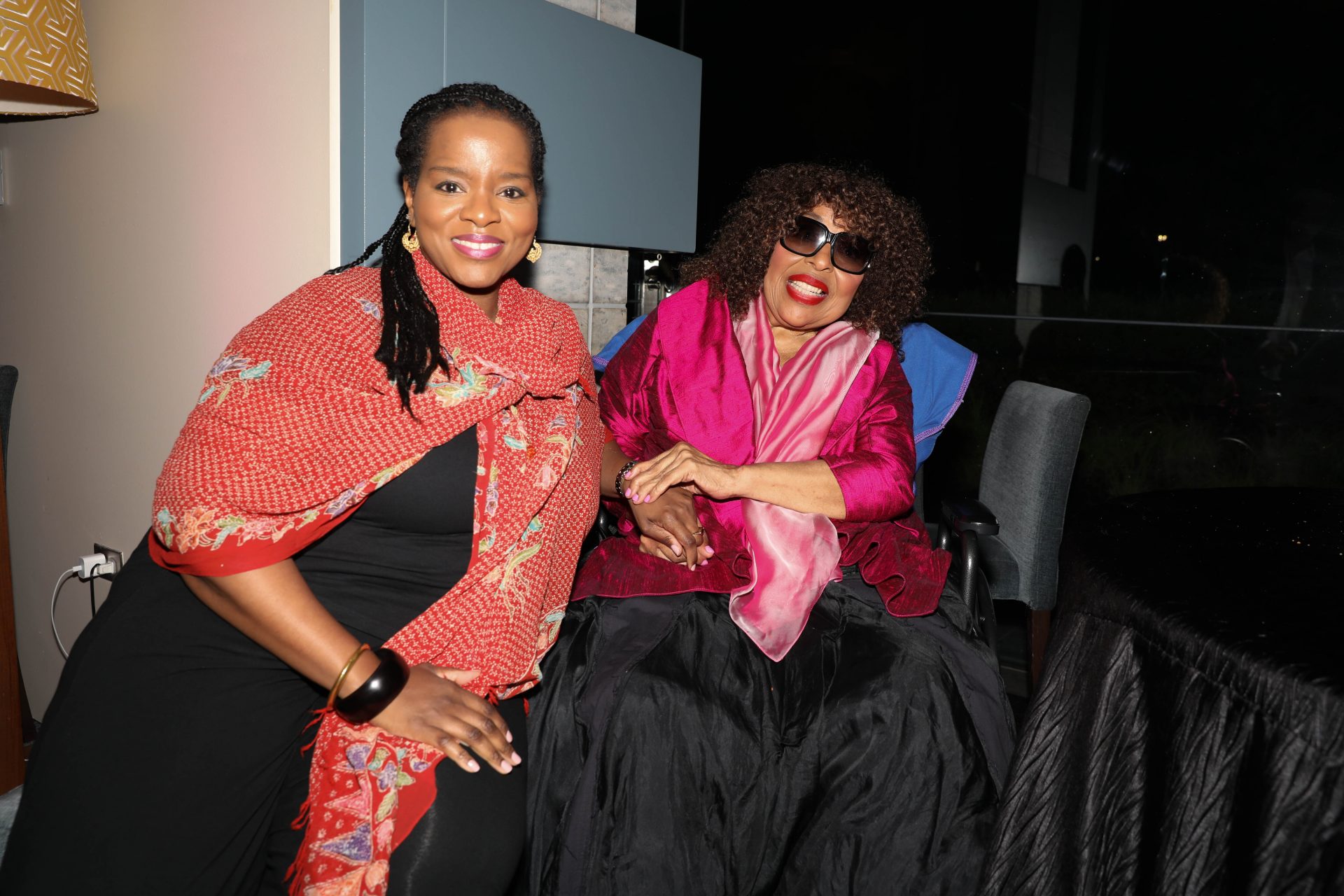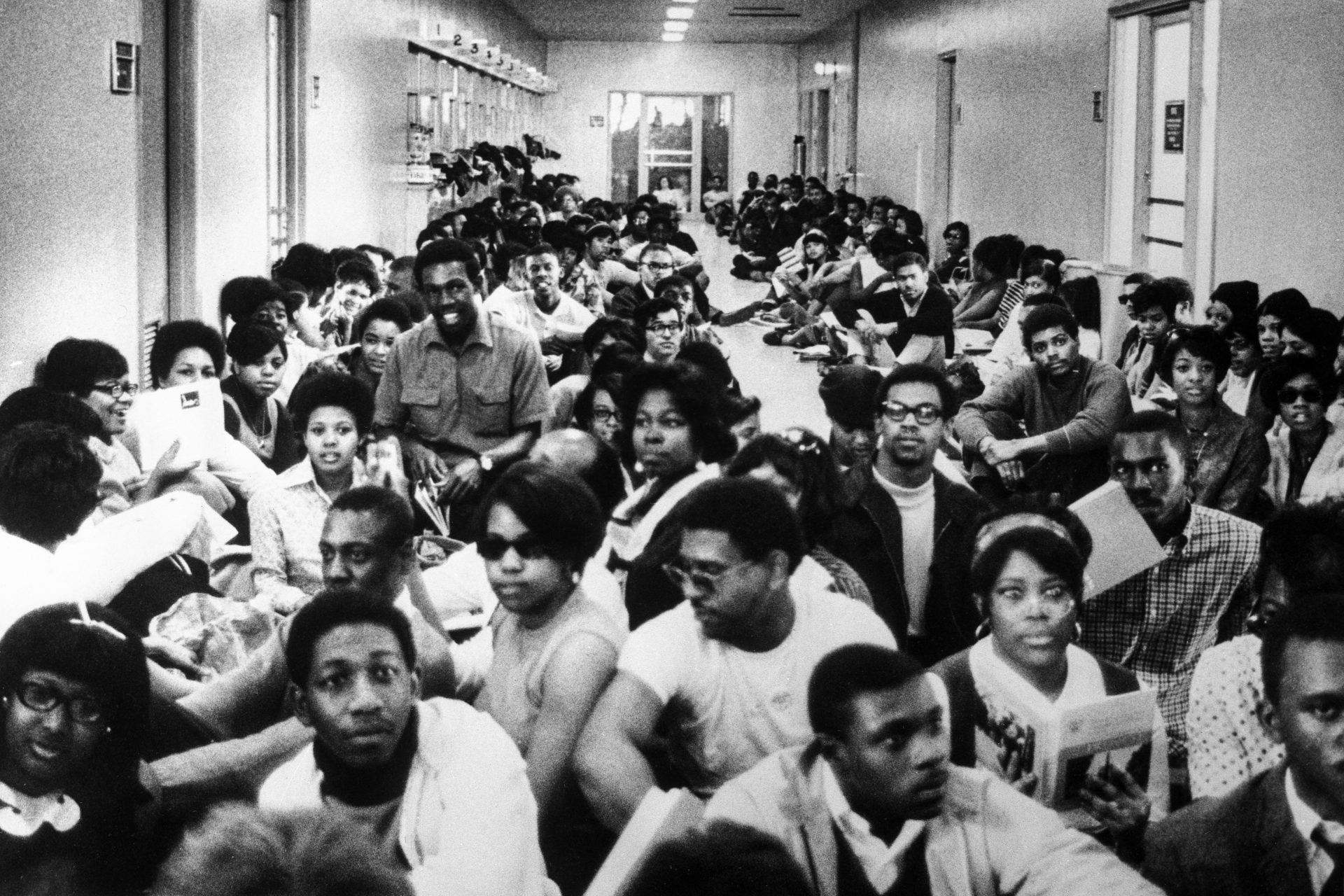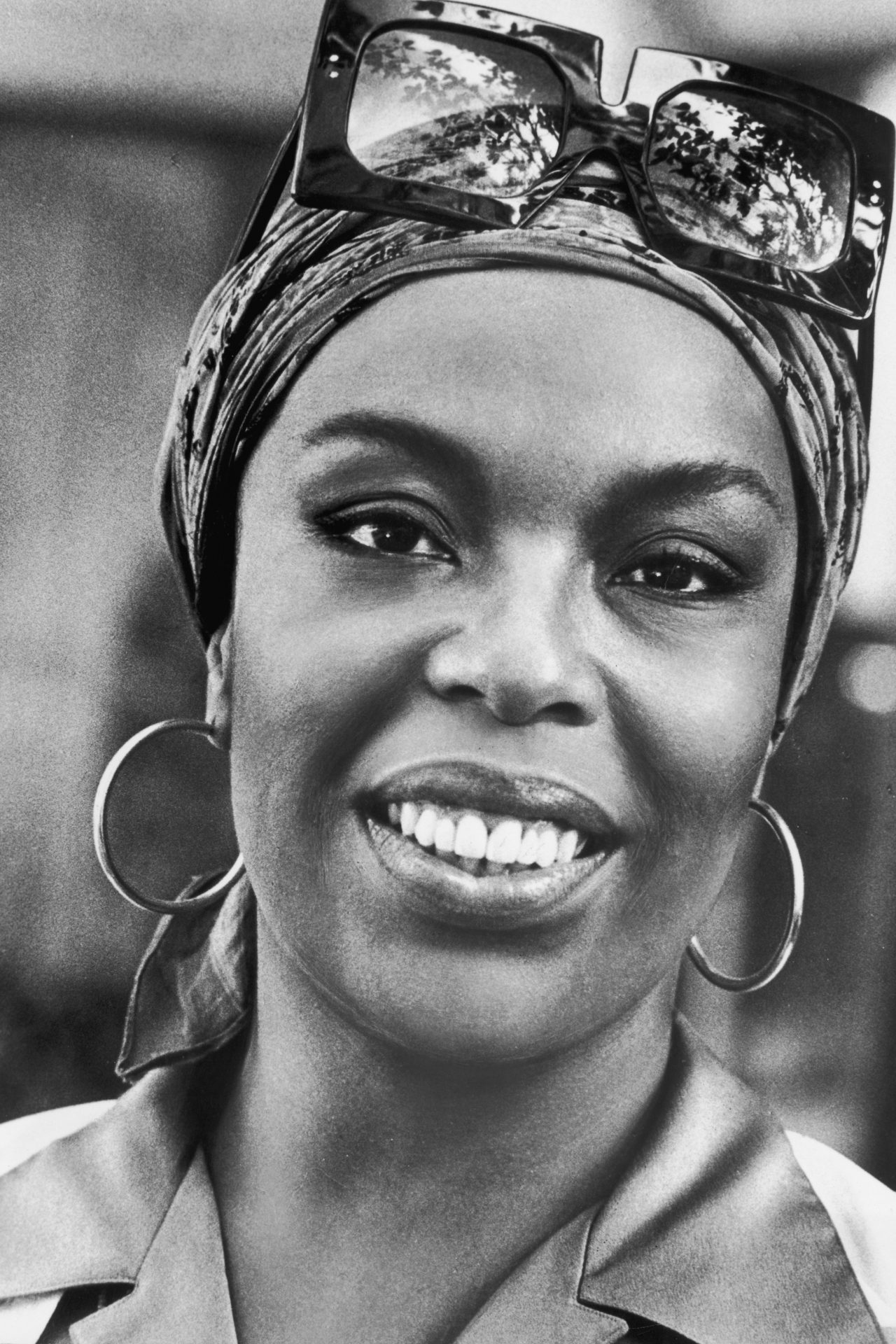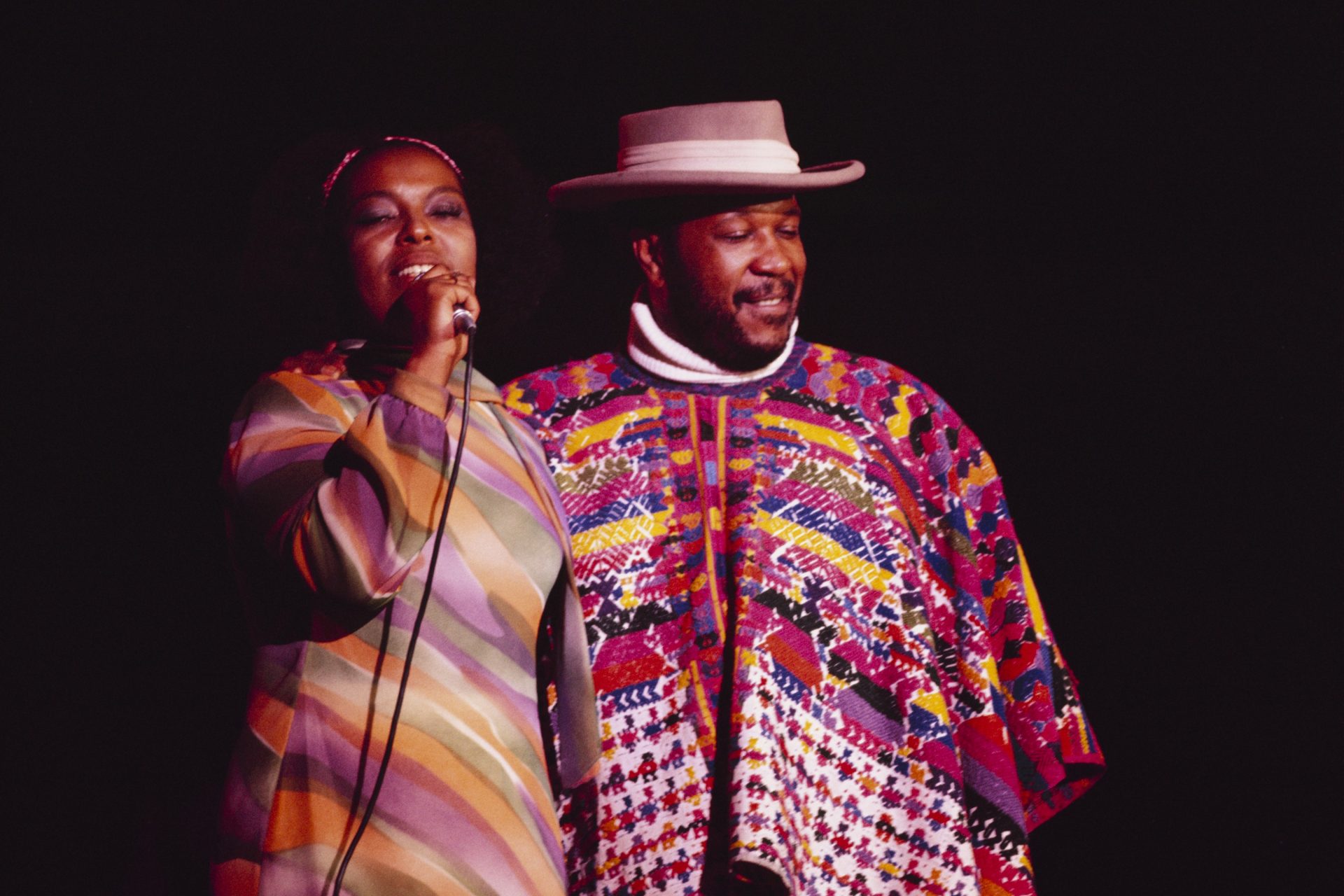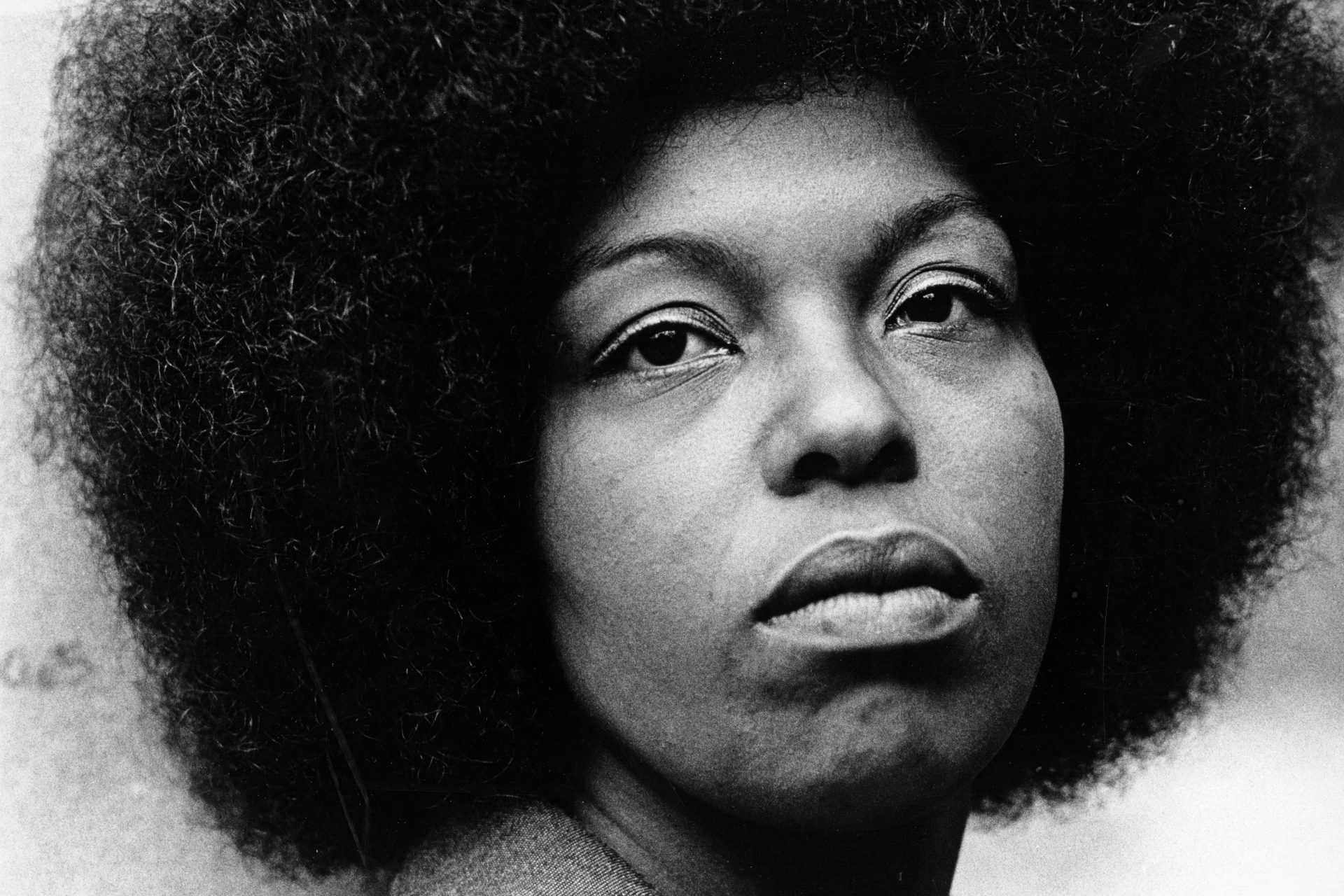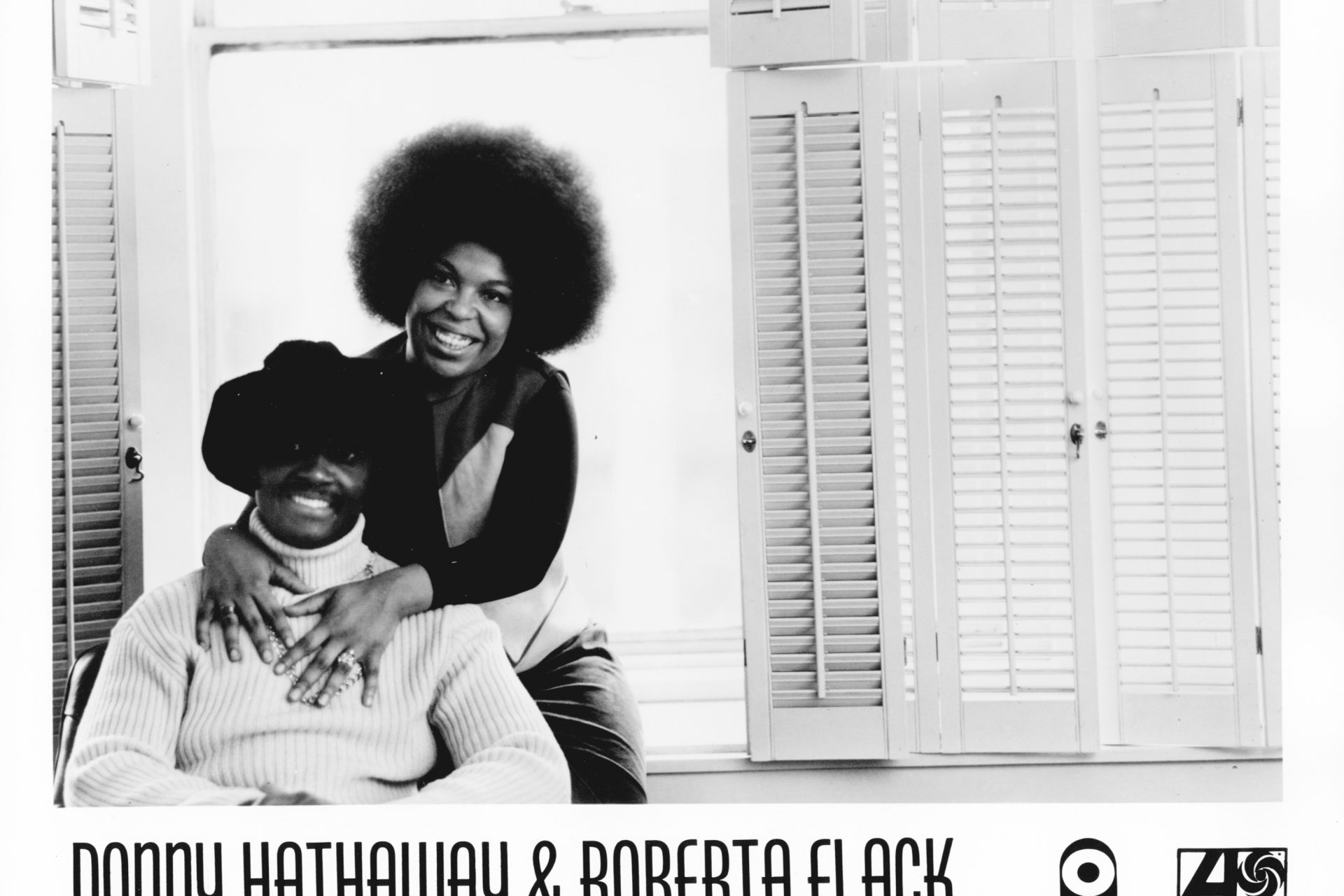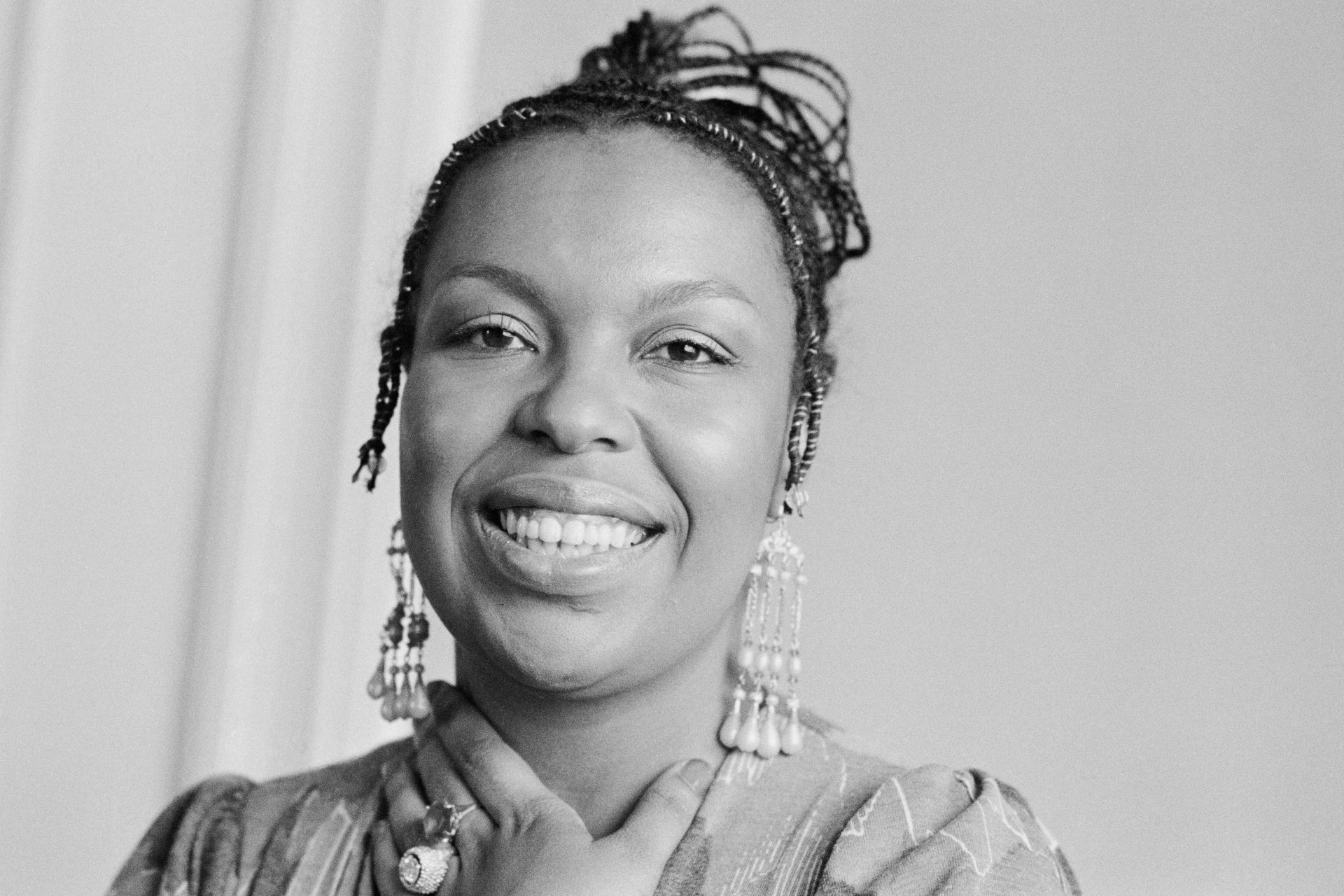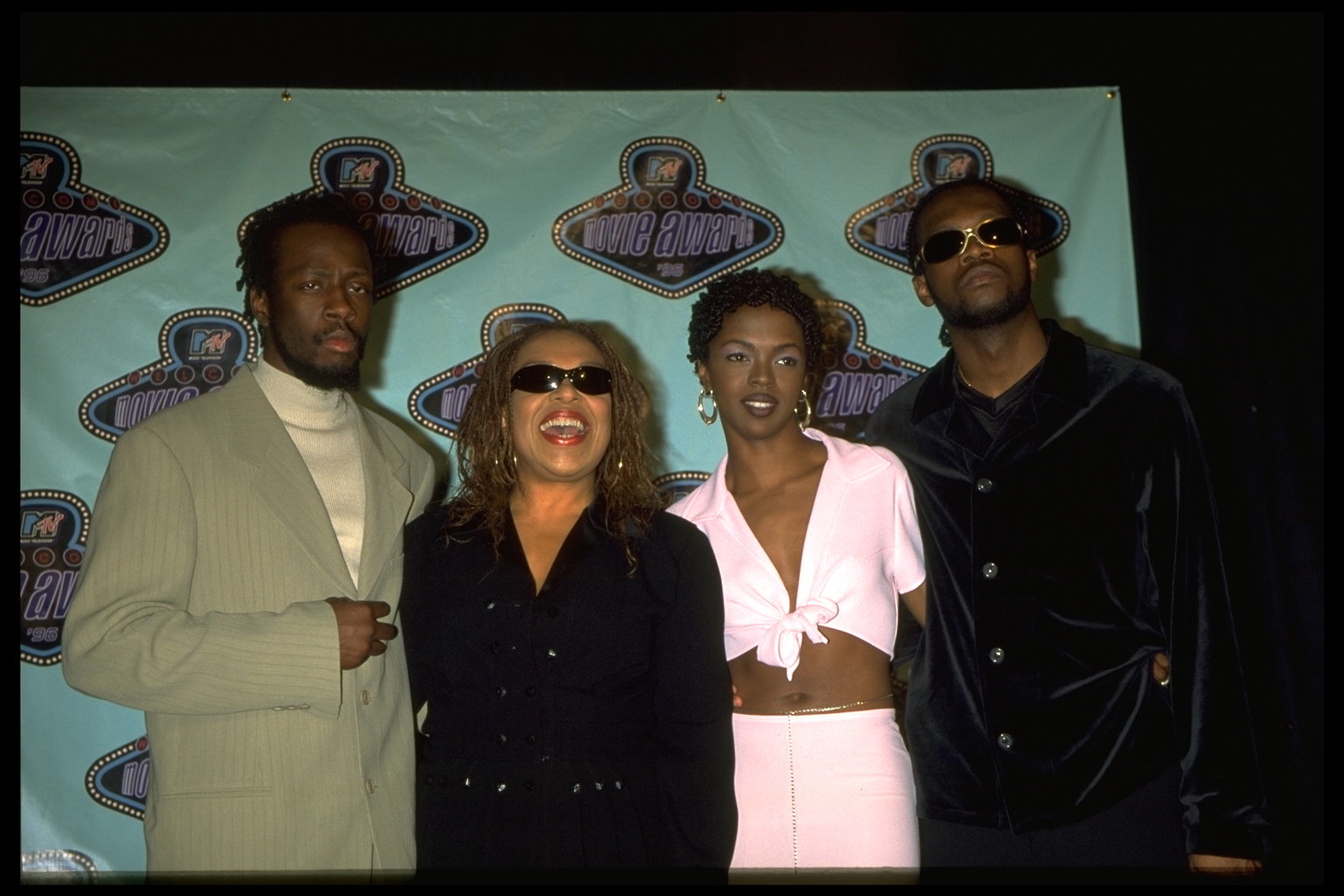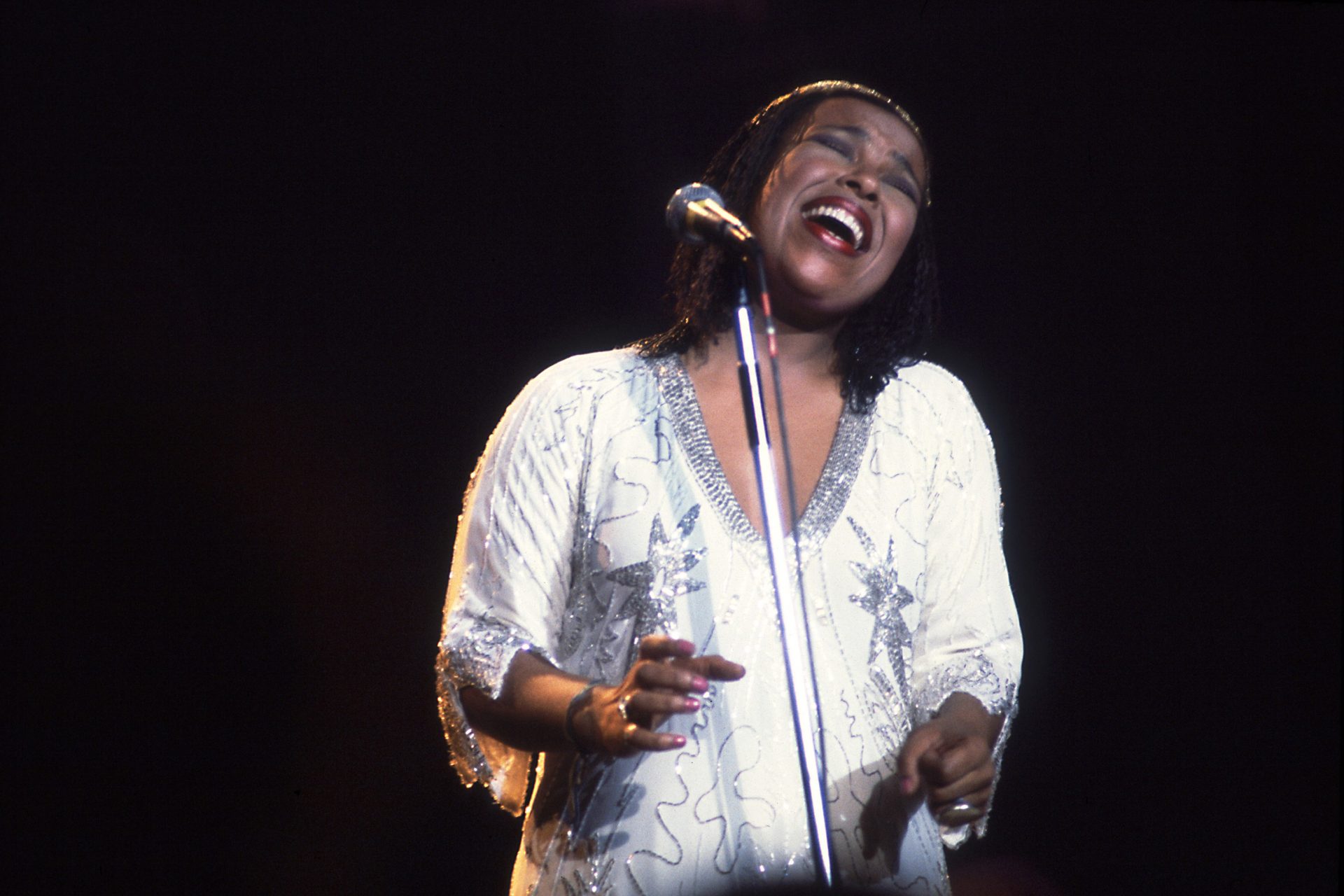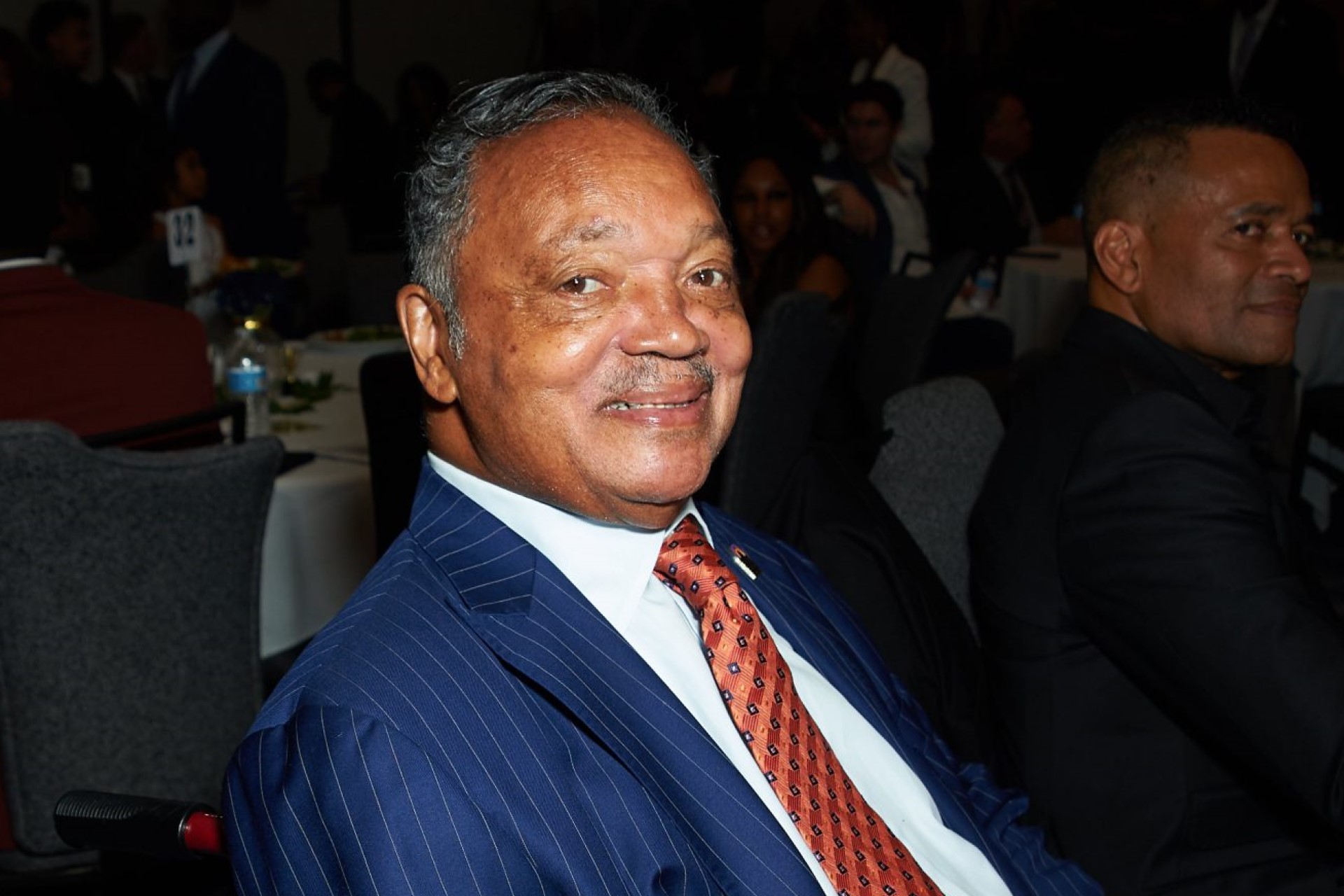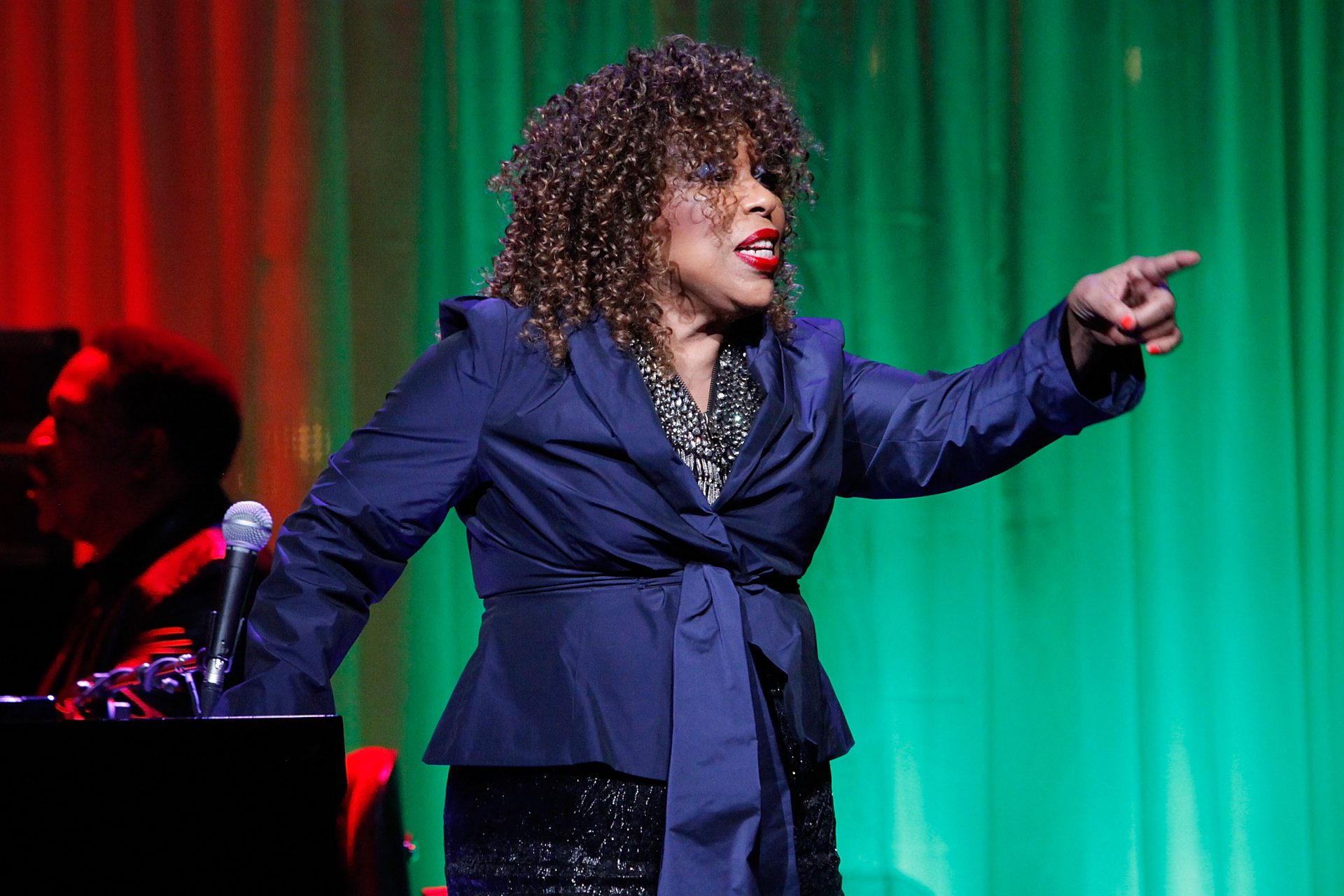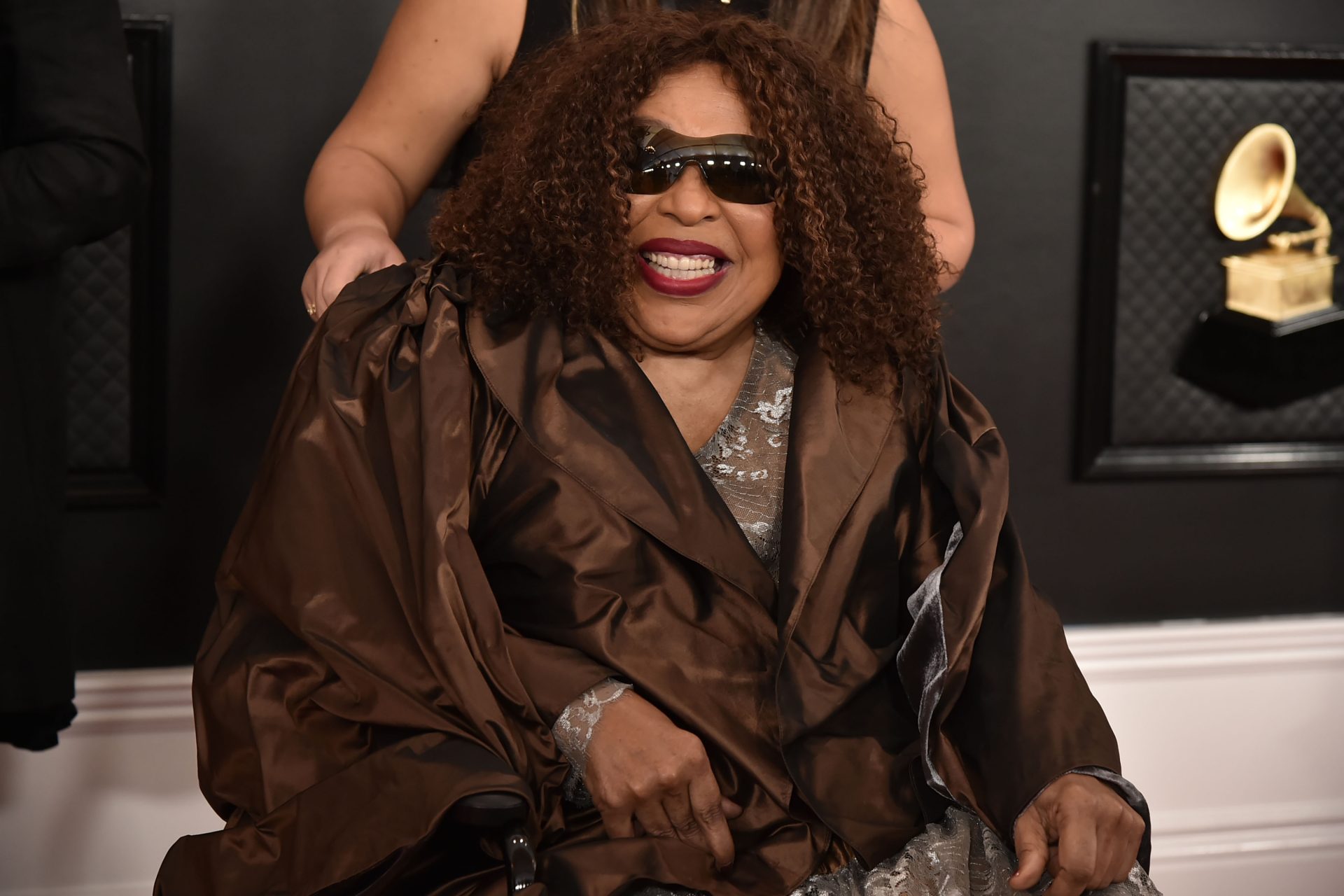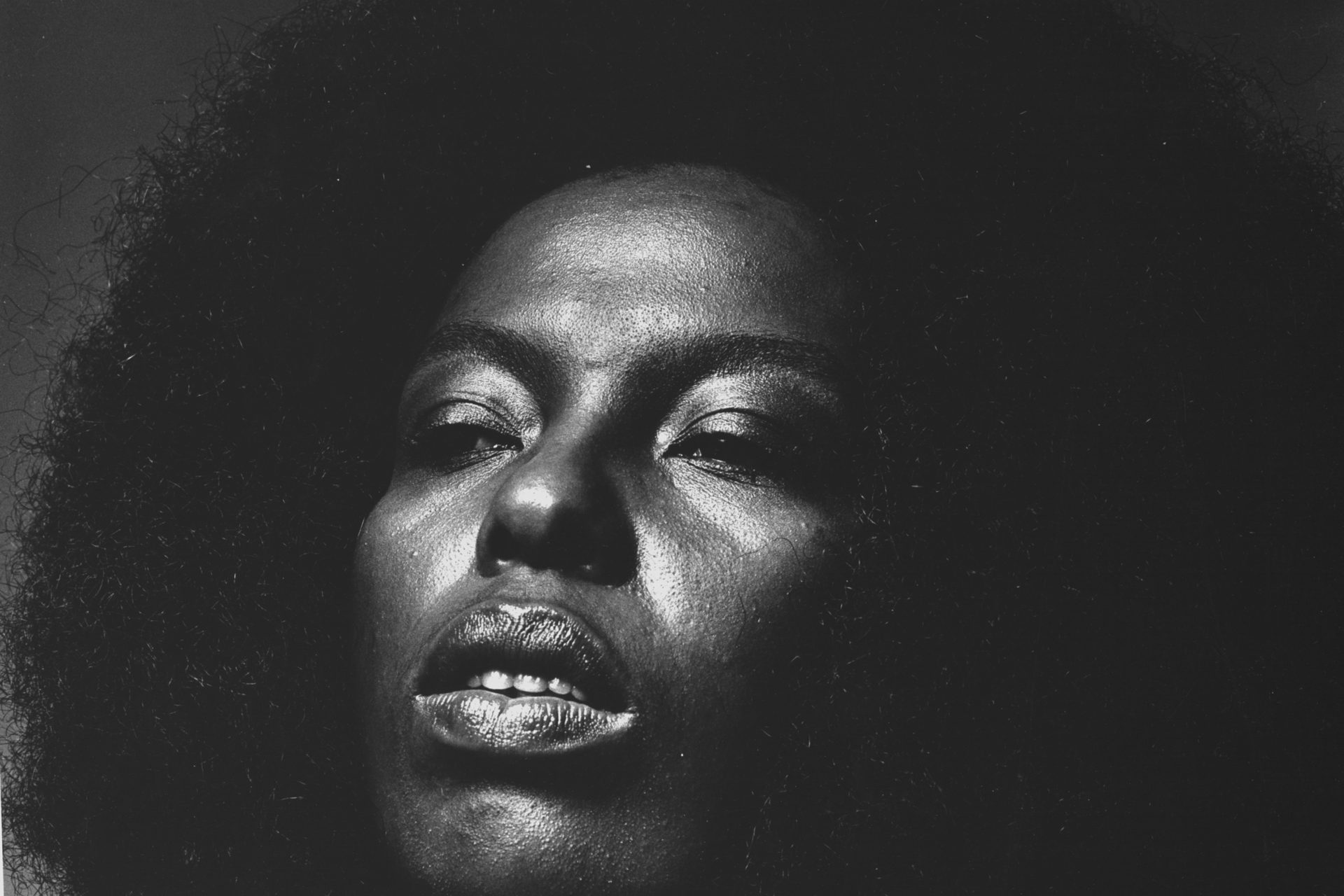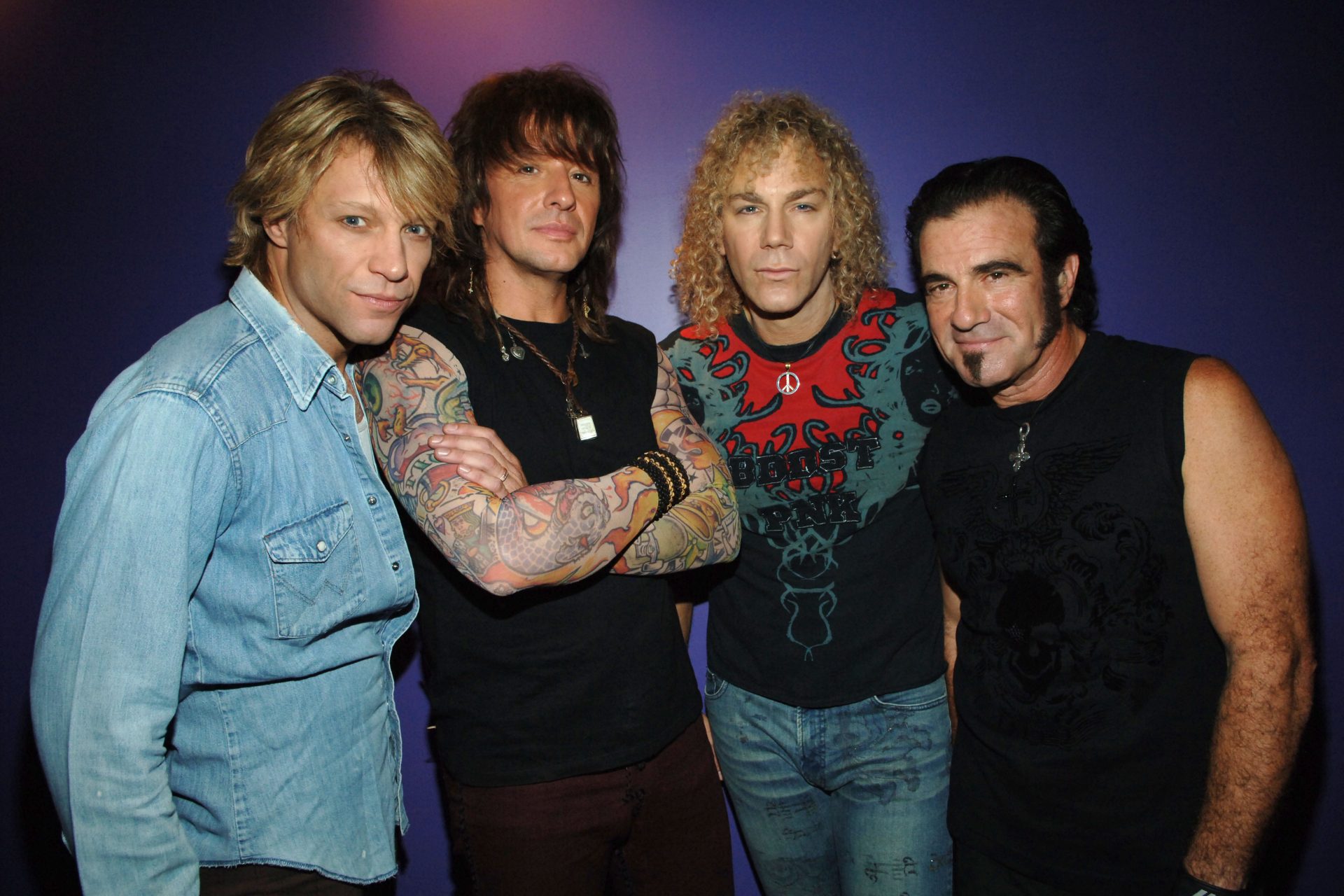Farewell to the soulful Roberta Flack, singer of 'Killing Me Softly'
Roberta Flack, the illustrious R&B singer famed for 'Killing Me Softly With His Song,' has died at the age of 88. “We are heartbroken that the glorious Roberta Flack passed away this morning,” said a statement from her representatives. “She died peacefully surrounded by her family. Roberta broke boundaries and records. She was also a proud educator."
In 2022, her management released a statement saying she had been diagnosed with amyotrophic lateral sclerosis (ALS), which left her unable to sing or perform.
Born in North Carolina in 1937, Flack displayed prodigious piano talent from a young age. She studied classical music extensively, claiming influences from Bach to Chopin, while also immersing herself in gospel and R&B, according to the BBC. So talented, she entered Howard University on a full scholarship at the young age of 15.
Photo: Howard University protest, 1968
After her father’s death, she dropped out of a master’s program and got a job as a schoolteacher in Farmville, N.C., according to the New York Times, where she worked with underprivileged kids. “There was no piano in my classroom, but I went from room to room with a pitch pipe and autoharp, teaching them music,” she told Ebony.
Flack spent evenings at clubs, winning over diverse audiences. She developed a repertoire of hundreds of songs, from jazz classics to contemporary hits. Musician Les McCann (shown) discovered her. “Her voice touched, tapped, trapped, and kicked every emotion I’ve ever known,” he wrote in the liner notes to her debut album.
Her 1969 debut album ‘First Take’ garnered critical praise but initially lacked commercial traction. That changed when Clint Eastwood strongly featured 'The First Time Ever I Saw Your Face' in the 1972 psychological thriller ‘Play Misty For Me.’ The haunting ballad soared to No. 1 and catapulted Flack into worldwide recognition.
She became one of the few artists to win back-to-back Grammys for Record of the Year. ‘The First Time Ever I Saw Your Face’ claimed the honor in 1973, followed by ‘Killing Me Softly With His Song’ in 1974.
Flack and fellow Howard University alumnus Donny Hathaway collaborated on several beloved tracks. Their classic 'Where Is the Love' became a huge hit and earned a Grammy for Best Pop Vocal Performance by a Duo. Despite Hathaway’s untimely death at 33, their musical bond brought about “a creative high-water mark” according to the New York Times.
Throughout the 1970s, Flack delivered hit after hit, from ‘Feel Like Makin’ Love’ to ‘The Closer I Get to You.’ Her refined approach to piano-driven R&B appealed to a broad audience. Even as her style shifted over the decades, her warmth and sincerity remained constant.
The Fugees’ 1996 version of ‘Killing Me Softly’ reintroduced her signature song to a new generation. She joined Lauryn Hill’s group onstage during the song’s massive popularity surge. The track again climbed the charts worldwide, proving Flack’s timeless resonance.
"What I consider myself is a soulful singer, in that I try to sing with all the feeling that I have in my body and my mind. A person with true soul is one who can take anybody’s song and transcend all the flaws, the technique and just make you listen," she once told a journalist, according to the Guardian.
Flack often wove messages of racial pride and unity into her music, reflecting her upbringing in the segregated South. The New York Times noted that she "brought Black nationalism into discourse with European classical aesthetics." Reverend Jesse Jackson (shown) once described her as "socially relevant and politically unafraid," according to the BBC.
In the 1980s, she toured widely, recorded with Miles Davis, and devoted time to charitable causes. A notable comeback arrived with 'Set the Night to Music,' her 1991 duet with Maxi Priest. She also embraced reinvention, releasing the Beatles tribute album 'Let It Be Roberta' in 2012.
She also went on to found the Roberta Flack School of Music in the Bronx, where she spent a lot of her time. It provided free music education to underprivileged students. The media statement on her death defined her as a "proud educator."
Flack earned countless accolades, including a 2020 Lifetime Achievement Award from the Grammys. "I've tried my entire career to tell stories through my music. This award is a validation to me that my peers heard my thoughts and took in what I have tried to give," she told BBC.
Even as trends shifted, Flack's gentle, contemplative style stayed relevant for new generations. Her ability to fuse classical training with soulful expression carved a unique space in popular music. "There will never be another voice like hers—so full of soul, beauty, and emotion," posted fellow R&B singer Darlene Lost on social media.

